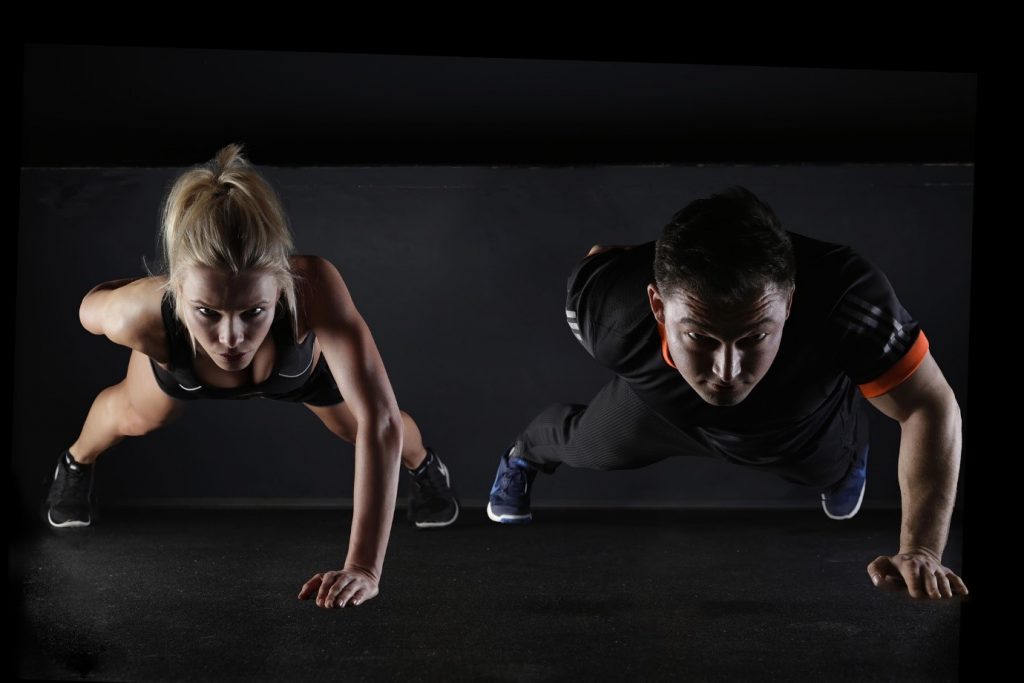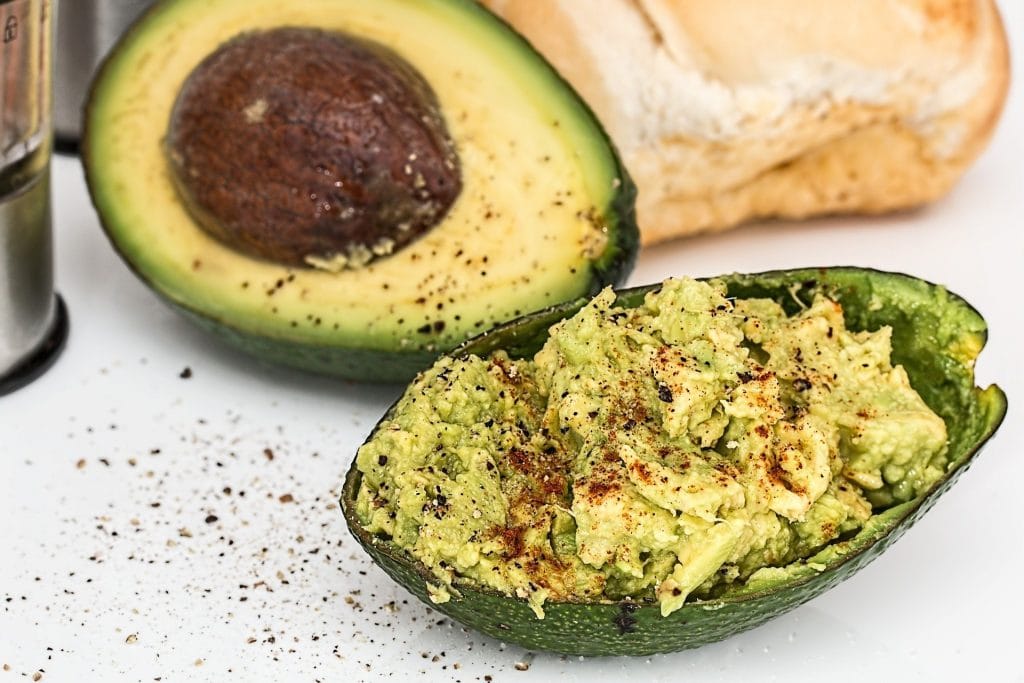How Extra Virgin Olive Oil Boosts Three Key Wellness Tips
Updated June 24th 2024

Summary
- Choosing a healthy diet like The Mediterranean Diet with plenty of healthy fats like extra virgin olive oil is a vital element of any wellness plan.
- Extra virgin olive oil can be incorporated into three key wellness goals: Breakfast well, choose protein rich snacks and meals and select healthy fats.
- EVOO is loaded with polyphenols and oleic acid, which have been shown to reduce the risk of chronic diseases.
Contents
Extra Virgin Olive Oil And The Mediterranean Diet For Wellness
Are you looking to boost your wellness goals with simple yet impactful changes? The Mediterranean Diet, rich in extra virgin olive oil, might be your perfect solution. This diet isn’t just a buzzword; it’s a time-tested approach that promotes overall health and well-being. Let’s explore how it can help you achieve your wellness objectives.
Making the best diet choices is a vital part of any wellness plan and good nutrition can work in tandem with a healthy lifestyle to boost your wellness long-term.
Making the best diet choices is a vital part of any wellness plan and good nutrition can work in tandem with a healthy lifestyle to boost your wellness long-term.
So, what are the key things to remember when seeking wellness solutions and how can extra virgin olive oil help you on your way?
We love this summary from Healthline which sets out some guidance on how healthy eating can complement exercise and maximise your health outcomes. Here are our top three – all of which can incorporate the best extra virgin olive oil in your store cupboard – great news all round!
Breakfast Like A King To Reach Your Wellness Goals With A Splash Of Extra Virgin Olive Oil

Why Extra Virgin Olive Oil?
Extra virgin olive oil (EVOO) is packed with antioxidants and healthy monounsaturated fats. These nutrients support heart health, reduce inflammation, and provide sustained energy.
Simple Breakfast Ideas:
- Olive Oil Smoothie: Blend spinach, Greek yogurt, a splash of EVOO, and fruits like bananas and berries for a nutrient-dense smoothie.
- Avocado Toast: Drizzle some EVOO on whole-grain toast topped with avocado and a sprinkle of sea salt.
Switching up your breakfast routine with these options can keep you full longer and help stabilize your blood sugar levels, setting a positive tone for the rest of the day.
Ok, so we’re not the first to tell you not to compromise on breakfast but it really is worth listening to this one. According to an article published in Harvard Health Letter, eating breakfast regularly has been linked to a lower risk of obesity, diabetes, and heart disease. Starting your day with a healthy meal can help replenish your blood sugar, which your body needs to power your muscles and brain.
A healthy breakfast is especially important if you are planning to exercise as it helps prevents feeling lightheaded or lethargic while you’re working out.
It’s best to avoid simple carbohydrates or unhealthy saturated fats to start your day. A plain white bagel with butter or a doughnut won’t keep you feeling full for long.
In comparison, a fiber- and protein-rich breakfast, incorporating healthy monounsaturated fats such as extra virgin olive oil may fend off hunger pangs for longer and provide the energy you need to keep your exercise going.
A great source of inspiration for a healthy breakfast can be found in the principals of The Mediterranean Diet, which has lots of great options to make the first meal of the day a bit more inspiring. For example, why not try our Tapenade on Toast or Tapenade Crostini with Sunny Eggs to fire yourself up for an active day.
Pack Protein Into Your Mediterranean Diet Snacks And Meals
Protein is essential for muscle repair, immune function, and enzyme production. However, many people struggle to consume enough protein throughout the day. Here’s how incorporating the Mediterranean Diet can help.
Benefits of Protein-Rich Snacks
High-protein snacks can curb hunger and prevent overeating at meal times. They also help maintain muscle mass, especially important as we age.
Snack Ideas:
- Greek Yogurt with Honey and Nuts: A perfect combination of protein and healthy fats.
- Chickpea Salad: Toss chickpeas with some EVOO, lemon juice, and your favorite herbs for a quick and nutritious snack.
As explained by Healthline, Protein is needed to help keep your body growing, maintained, and repaired. For example, the University of Rochester Medical Center reports that red blood cells die after about 120 days.
Protein is also essential for building and repairing muscles, helping you enjoy the benefits of your workout. It can be a source of energy when carbohydrates are in short supply, but it’s not a major source of fuel during exercise.
Adults need to eat about 0.8 grams of protein per day for every kilogram of their body weight, reports Harvard Health Blog. That’s equal to about 0.36 grams of protein for every pound of body weight. Exercisers and older adults may need even more.
Protein can come from the following sources:
- poultry, such as chicken and turkey
- red meat, such as beef and lamb
- fish, such as salmon and tuna
- dairy, such as milk and yogurt
- legumes, such as beans and lentils
- eggs
Many of the above choices following the principals of The Mediterranean Diet – which is also rich in healthy fats such as extra virgin olive oil. For the healthiest options, choose lean proteins that are low in saturated and trans fats. Limit the amount of red meat and processed meats that you eat.
Choose Healthy Fats Like Extra Virgin Olive Oil
Healthy fats are a vital part of any balanced diet. They support cell growth, protect organs, and help the body absorb essential nutrients. The Mediterranean Diet, rich in EVOO, ensures you get these benefits in the most delicious way possible.
Why EVOO is the Best Choice
Unlike other fats, EVOO is loaded with polyphenols and oleic acid, which have been shown to reduce the risk of chronic diseases. It’s also incredibly versatile and can be used in various dishes.
Cooking Tips:
- Salad Dressings: Mix EVOO with balsamic vinegar, Dijon mustard, and a touch of honey for a simple and tasty salad dressing.
- Roasting Vegetables: Toss your favorite veggies in EVOO, sprinkle with some herbs, and roast for a nutritious side dish.
Unsaturated fats may help reduce inflammation and provide calories.
While fat is a primary fuel for aerobic exercise, we have plenty stored in the body to fuel even the longest workouts. However, getting healthy unsaturated fats helps to provide essential fatty acids and calories to keep you moving.
Healthy options include:
- nuts
- seeds
- avocados
- olives
- oils, such as olive oil
Fat, including the monounsaturated fat found in quality olive oil, is a rich source of energy, providing more than double that of either carbohydrate or protein. It is a carrier for the fat-soluble vitamins A, D, E and K. It provides the essential fatty acids, including oleic acid linoleic and alpha-linolenic acid, which are polyunsaturated.
To remain healthy, we need moderate amounts of the right type of unsaturated fats eaten as part of a good, balanced diet such as the Mediterranean Diet.. However, a high fat intake and in particular, a high intake of saturated fats is associated with raised blood cholesterol and coronary heart disease.
Conclusion
Incorporating an extra virgin olive oil-fuelled Mediterranean Diet into your lifestyle is a simple yet powerful way to boost your wellness goals. From starting your day with a nutritious breakfast to choosing healthy fats, these small changes can significantly impact your overall health.
Ready to make the switch? Start by adding a splash of EVOO to your meals and feel the difference.
